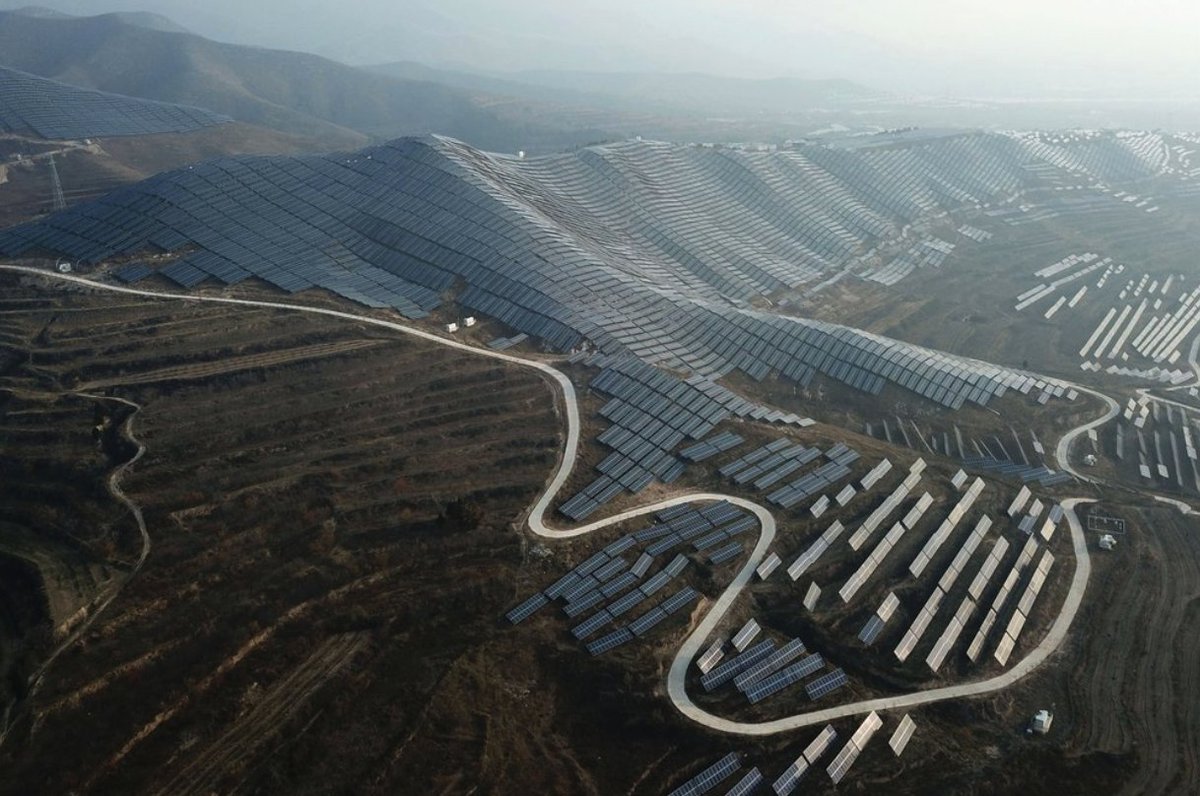
I highly recommend this discussion between @timhammerich and @waiterich of @WRIFood on measuring and building sustainability into agriculture.
bit.ly/3qDpAwA
bit.ly/3qDpAwA
One comment by Richard at the end really got me thinking about a pet peeve of mine. 1/25
#fafdlstorm
#fafdlstorm
After mentioning seafood as a feed additive could cut the methane emissions in cows by as much as 80% and a commercial feed additive (3-NOP) that could cut methane by 30%, a nitrification inhibitor that could help with managing emissions in crop fertilization ... 2/25
... and finally, a product called Apeel, a spray that can keep produce fresher longer to reduce food waste without people needing to change their behavior. 3/25
He underlined that IT IS REALLY HARD to get people to change behavior, while a lot can be done to reduce impacts while people just go about their business. 4/25
That got me thinking about how often you run into a stripe of reform for whom the moralizing is more important than results or impact. 5/25
Putting aside that, by and large, technological innovation has driven down the impacts of food production more than regulation or changing consumer preferences over the last half-century. 6/25
How often have you come across a person skeptical of or hostile to 'techno fixes' and when you drill down enough what's clear is that what they want is to get everyone else to adopt their temperament and personal values ... 7/25
... (or what they personally aspire to) and climate change and environmental challenges are really just brickbats to try to enforce that conformity. 8/25
I live very frugally on less than $10K/ year. I don't own a car, my home has been most furnished from the exchange in my building's recycling room where residents leave useful stuff for their neighbors, stuff I've plucked off the street, and thrift stores. 9/25
I like scratch cooking and I'm happy to eat lots of beans, lentils, oats, and barley. I think people are too materialistic and could simplify and decommodify their lives quite a bit. 10/25
But I'm a weird, bohemian guy. Expecting the majority of Americans to become more like me is not a viable strategy for social change. 11/25
I'm with @Leigh_Phillips on this issue. Austerity ecology, degrowth, hairshirt environmentalism is counter-productive moralizing that can never attract majorities AND is deeply bourgeois anti-poor, anti-working class politics. 12/25
amzn.to/2TprVPy
amzn.to/2TprVPy
The busybody scold has never been a great model of reformer.
LIKEWISE, there is another stripe of anti-capitalist environmentalism for whom environmentalism that doesn't run on regulation is missing the point. 13/25
LIKEWISE, there is another stripe of anti-capitalist environmentalism for whom environmentalism that doesn't run on regulation is missing the point. 13/25
For them, the point of the environmental crisis is a pretext to reform capitalism, not the other way around. Which seems backward to me. 14/25
I'm a left, class war social democrat. I have don't have an ideological problem with regulation -- though I have some thoughts on how to do well, avoid unintended consequences, perverse incentives, economic sclerosis, etc. 15/25
But get me going on antitrust, labor law reform, GIPSA, North Carolina CAFOs, the Dicamba Debacle, WOTUS ... there is plenty of regulation I can get behind. But if we can get where we are going through technology, research, incentives, nudges, subsidizing public goods, etc..16/25
I don't see why you wouldn't want to get there without more red tape and bureaucracy. 17/25
Here's an example of the mindset. In discussion with a prominent critic of genetic engineering in agriculture, I was arguing that we need deregulation (for lack of a better term for rationalizing the regs) of GE at this point and more/better regulation of pesticides. 18/25
He just thought that was crazy asserting that it would lead to further concentration in the industry, never mind potentially putting risky products on the market. When I pointed out that high regulatory costs FAVOR incumbents, he thought that was even crazier. 19/25
Which seemed odd to me that in more than a decade of engaging in the debates over GE in ag, he'd never even heard the idea and thought I'd pulled it out of my ass. 20/25
I hadn't but when I first heard it, it immediately made intuitive sense to me, whether or not it applied in every situation. It's a very common, well-established concept in economics. 21/25
But it seemed absurd to him that heavy regulatory costs could actually redound to the benefit of Monsanto and Syngenta by locking smaller, start-up firms out of the market. 22/25
In having followed him for 15 years I've rarely seen him do other than highlight the need for more regulation, although he has endorsed technologies that mimick nature (no-till, cover crops). 23/25
All of this admittedly has "You know it when you see it" quality to it. Few will admit that the moralizing is the point. That getting everyone to be like them is their strategy. Or that their environmentalism is a pretext for prescriptive regulation of the economy. 24/25
Because all that sounds absurd when you say it out loud. But ... you know it when you see it. 25/25
~ fin ~
And a bit of personal promotion. Here is my 2018 conversation with @timhammerich that kicked off his 'Sustainability at Scale' series.
bit.ly/3hqP7oD
bit.ly/3hqP7oD
P.S. I meant to say something about the objection to 'techno fixes' that starts to make the centrality of the hairshirt moralize clear ... "But then people would be off the hook and wouldn't have to change their materialistic ways ..."
That's a sentiment that you actually hear ... from people ... out in the wild.
• • •
Missing some Tweet in this thread? You can try to
force a refresh







